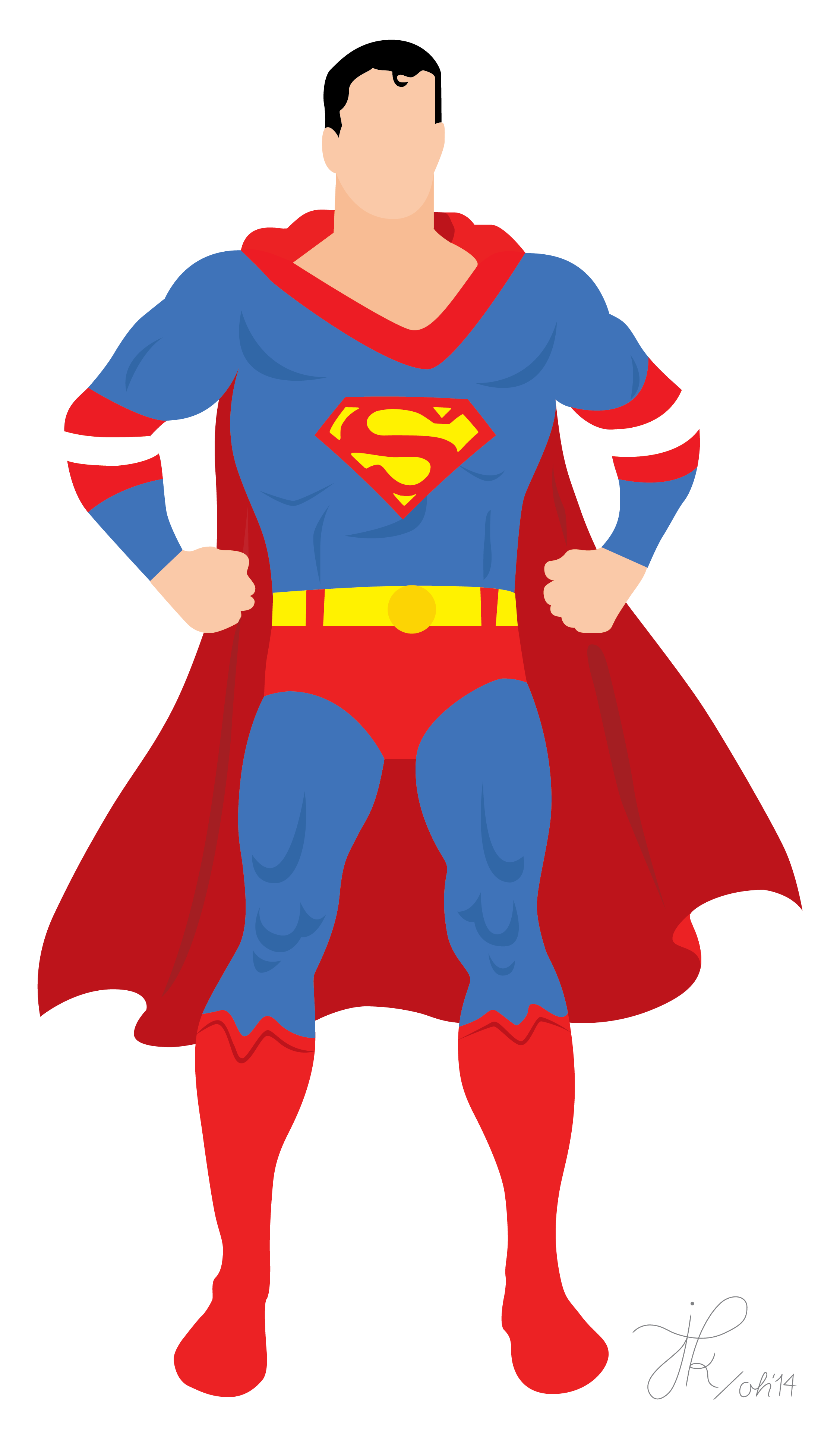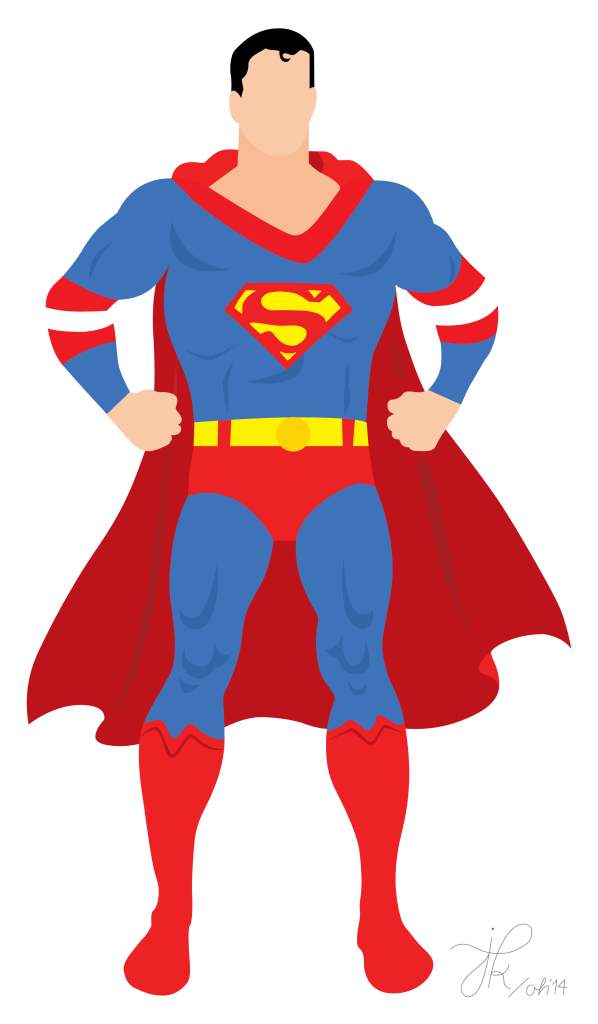-Why athletes should be heroes
Andrew Maggio
There are people who believe that athletes are paid too much money, that they are spoiled, arrogant and undeserving of the good life that most professionals are able to afford.
It’s probably true that athletes who simply play sports, even if it’s at the highest level, don’t deserve millions of dollars simply to entertain. Why not use that money to pay surgeons, doctors, firefighters, police officers, and teachers?
For one thing, that money belongs to whatever wealthy businessman or businesswoman who owns any particular team any particular athlete might be playing for. They pay whatever they need to pay because they want the best people, the best athletes, the best teams. That is their prerogative. If you think that doctors and first responders and the like deserve to have seven-figure salaries (and believe me, I do), then complain to their employers: the government.
I say all this because the common misconception is that athletes cannot be heroes because they don’t necessarily do anything for anyone while actually carrying out their job. The job description does not call for an athlete to save a life or put out a fire.
However, it is also not in their job description to visit sick children in hospitals. It is not in their job description to donate millions of dollars from their massive salaries to help a worthy cause. It is not in their job description to allow a sick child into their world for a few hours and allow them to live out their own dreams, the way pro athletes do every day of their playing careers.
I could write a 10-page essay on acts of heroism from athletes, but I will stick close to home; literally and figuratively.
Saku Koivu was, and still is, my favourite hockey player. I am almost 22-years-old now, but I would probably still be as awestruck around him today as I was when I first met him when I was eight-years-old.
He smiled and said, “Yes, we will.”I first met him at a Little Caesars pizza chain he used to co-own in the West Island. We chatted and took pictures. It was like talking to an older brother, (and remember, older brothers are often idolized by their younger siblings). I asked him if the Canadiens would be good this year.
That’s all I needed to hear. A hero was born.
Koivu was diagnosed with cancer a few weeks later. I was crushed. But his will to live, his resolve, and his courage, not only carried him through that battle, but also spurred on his teammates to a playoff berth. Not only has he inspired millions simply by beating the cursed disease, he has helped raise millions of dollars for Montreal hospitals, enough for the Montreal General to purchase the city’s first Positron Emission Tomography (PET) scanner, a vital piece of equipment for patient’s fighting cancer.
No one told him to do it. No one paid him to do it. It was an act of selflessness — that’s what heroes do. They think of others before they think of themselves. He’s but one of the countless athletes who have done things like this for their communities.
All of this, however, is subjective. No one should tell a child who can and can’t be their hero. Kids can idolize musicians,
actors, writers, etc. Everyone relates to whatever interests them. Some of us have a deep-rooted passion for sports. We look up to the people we aspire to become, or are inspired by. It is only natural. Someone’s parent might have the most menial of jobs. They are not famous. They receive no fanfare, no glory. They do their job and they go home, but at home there might be a child there who idolizes them.
Anyone can be a hero.
Why athletes should not be heroes
Sometimes, at least to fans, they seem bigger than life. Whether it was Sidney Crosby scoring the golden goal, Usain Bolt living up to his name, or Michael Jordan reinventing the game, sometimes athletes affect more than just the scoreboard. They motivate people and can lift a nation, but should they be seen as heroes?-Tim Lazier
No. Now before you stop reading and turn the page, let me explain.
There is nothing wrong with young athletes dreaming of making the big leagues, but that doesn’t mean that they’re entitled to hero-status. Some athletes have clearly forgotten that. More and more often, some hero-like athletes have fallen from grace to remind us that they should not be praised and admired, but punished and disgraced.
Baseball is known as summer’s pastime, a sacred sport that brings people together. But in reality, their record books are becoming more tainted with frauds and phonies. Players like Barry Bonds, Sammy Sosa and Mark McGwire inspired a generation to swing faster and hit harder, only to let the sports world down by injecting themselves with steroids. Cheaters, not heroes. The New York Yankees are the most successful franchise in the major leagues, but when Alex Rodriguez dragged the pinstripes down in his recent steroid scandal, even his own club wouldn’t stand beside him.
If there is anything that steroids has taught athletes it’s that, if caught, your downfall will be long and painful. Heroes are supposed to inspire, not disappoint. Right?
Easily the most obvious example of a fallen “hero” is Lance Armstrong. As a person, his organization has helped countless people battle cancer and he has been a beacon of hope. Beyond a doubt, what he has done off the bike is heroic. But as an athlete, he is just another disappointment who used drugs to get ahead.
Oscar Pistorius was the star of the 2012 Summer Olympics in London. He was the double-amputee sprinter who embodied adversity and was South Africa’s fondest athlete. Yes, a hero. But after February 13, 2013, the world would have a very different view of Pistorius. That morning, he allegedly shot and killed his girlfriend Reeva Steenkamp, after he claimed he mistook her for an intruder. A day later, the chosen-one would be formally charged with murder.
Yes, athletes are great at what they do, and no, not all of them are cheaters or murderers. But, they can be seen as super-natural athletes that are to be admired and applauded. Exciting, but not heroic. If you love sports, save that praise for your old man who works 40 hours a week, only to get up at 7 a.m. on Saturday morning to take you to practice. Save that praise for your grandpa, who taught you how to hold a seven-iron. Save that praise for your older brother, who still invites you to play road hockey with his friends. Save that praise for someone who does what they do, without being given a penny. Save that praise for someone who won’t let you down.





